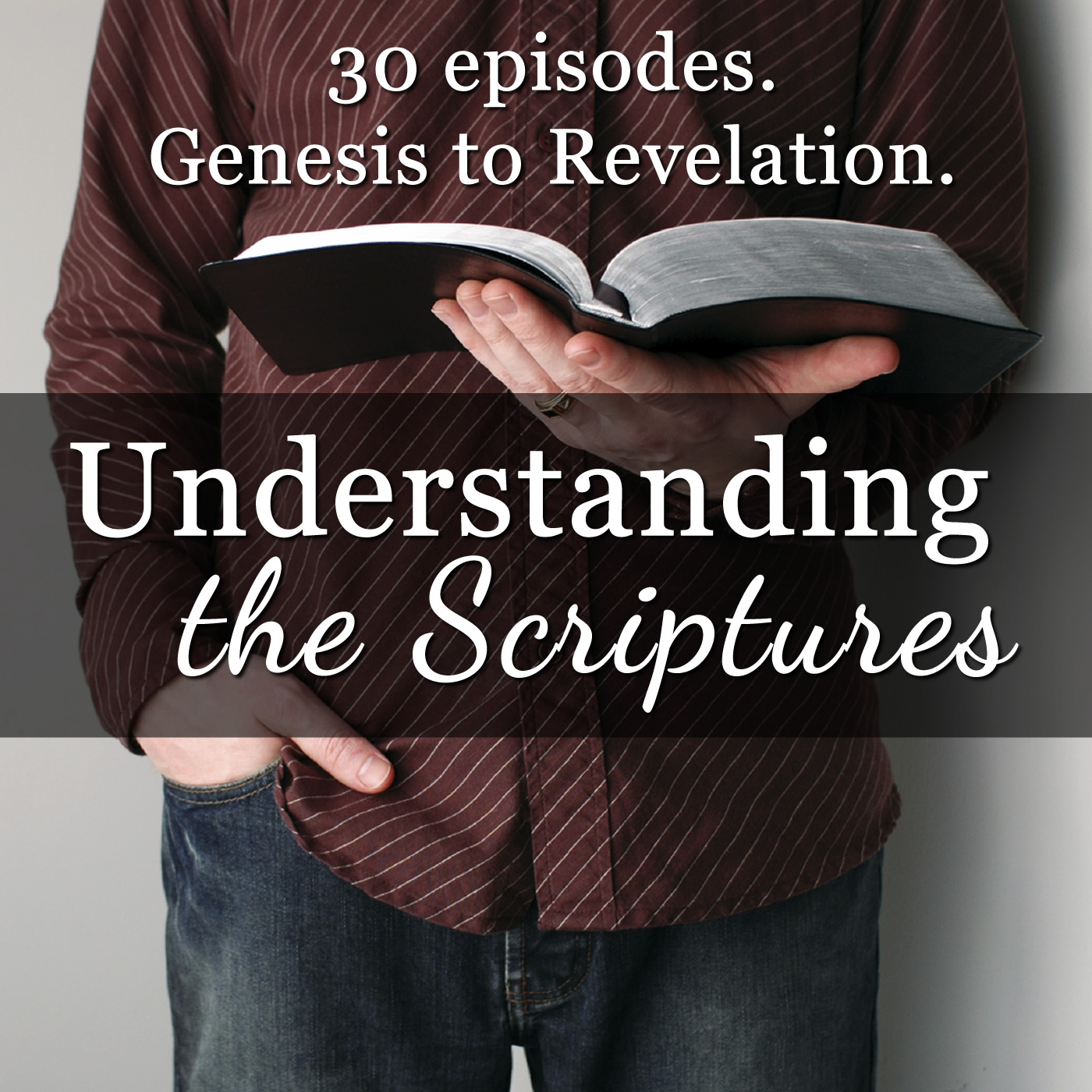Ch. 18 - The Incarnation
Description
In this lesson, Carson begins with an explanation of the Christological definition formulated at the Ecumenical Council of Chalcedon in 451 A.D. (a location which is now a part of the modern day city of Istanbul). He then speaks about the two means by which God has successively dealt with humanity. In the Old Testament, God descended (katabasis) to our human level in dealing with us, by offering us temporal goods as rewards and conceding to our sinful longings. This condescension came to a climax in the Incarnation when he took upon himself a human body and a human soul. In the New Testament, God takes on our humanity in order to lift us up out of our misery, so that we might ascend (anabasis) into the heights of his divinity. At this point, we read from the important passage Peter wrote in 2 Peter 1:4 - "he has granted to us his precious and very great promises, that through these you may escape from the corruption that is in the world because of passion, and become partakers of the divine nature."
We look closely at how Jesus identified himself with the Temple (in the end of John 2) and with how St. John - in the prologue of his Gospel - speaks of the Incarnation in the same terms, which describe how God came down upon the tabernacle among Israel in the Sinai wilderness. From here, we move into St. Luke's Gospel, which begins with a very clear and precise indication of the historicity and verifiable nature of the information presented: "Inasmuch as many have undertaken to compile a narrative of the things which have been accomplished among us, just as they were delivered to us by those who from the beginning were eyewitnesses and ministers of the word, it seemed good to me also, having followed all things closely for some time past, to write an orderly account for you, most excellent The-oph'ilus, that you may know the truth concerning the things of which you have been informed" (Luke 1:1-4).
Come join us as we delve into the rich Old Testament allusions Luke paints in his beautiful Gospel. Caution: This will change the way you read St. Luke... from now on, you won't read it in the same light.
More Episodes
This is the introduction to the Understanding the Scriptures podcast, which is a Bible study consisting of thirty 72 to 80 minute episodes, each of which is digitally recorded for your listening enjoyment.
Published 07/07/09
Published 07/07/09
In this lesson, Carson kicks off this exciting Bible course by describing the sacred, inspired nature of
the Bible, which is a quality unique to the 73 books of Sacred Scripture. What do we mean when we say that Scripture is inspired, and where do we go in the Bible itself to find this claim? ...
Published 07/07/09


